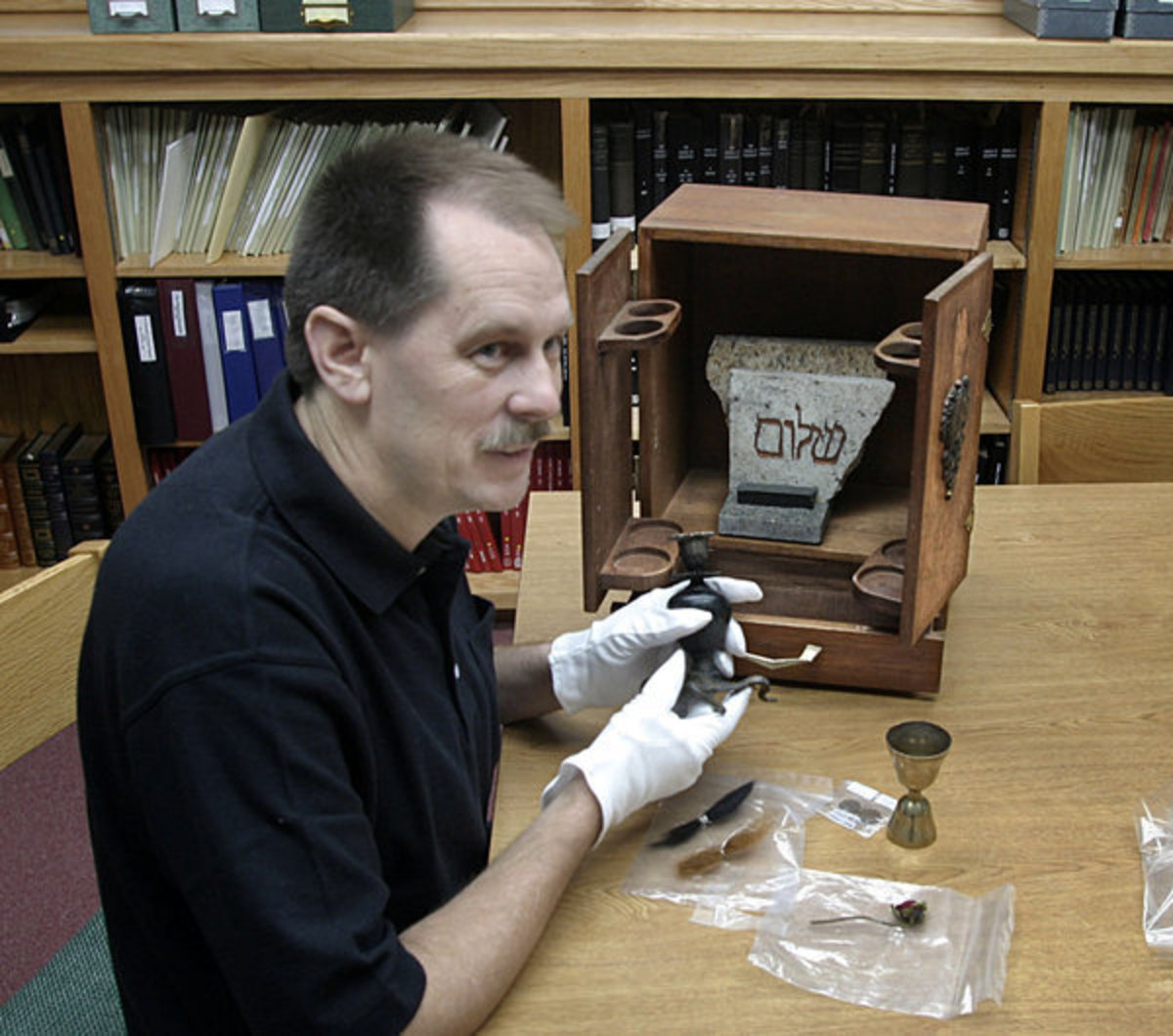

So therefore, whatever’s inside this box cannot be a dybbuk. Not docking stars for this paragraph, just mentioning all this.įinally, and this is corroborated by the afterward, despite the fact that the author goes to reasonable lengths to learn a little about Judaism while he’s studying the box and its contents, he never once attempts to explain why a dybbuk, a displaced spirit that possesses a living person, would be literally trapped in a box. Also, I don’t understand how a self-proclaimed Methodist, using a Wiccan ritual he claims he’s uncomfortable with, expects to trap a Jewish spirit and make it go away?) Anyway, there were a few instances where the investigation seemed to be just a little aggressive, too. ( googling “Jews and Money” to get me this result from the ADL even makes me feel like an asshole.)Ģa) Author also spent a lot of time telling about how his wife/family/friends didn’t approve of his having the box and instead of being honest he spent a lot of time sneaking around or outright lying about what he was doing (in one instance even about a Wiccan ritual he was doing based on the recommendation of a coven out of state… he was in the crawlspace of his rental house with a box he and his family believed was evil… just seems like a bad idea. The majority of the times you mention Jewish mysticism and magic has to be that they’re using it to make more money? Way to perpetuate the stereotype. She lived to be 103 years old and used her own form of Jewish magic to beat the odds and win.” (Not the only example, just the last one in the book and the easiest to find for me.) Now, come on, author. Second, I kept running across things like “Ethel played the slot machines regularly, adding to her fortune with the winnings. The point I’m trying is, this to sit here and read, wasn’t it? It’s distracting. First and foremost, I that the use of when quoting a source is, and maybe that is, that’s. I liked the way the author was thorough and how he truly stopped to consider both sides of the coin, as I’ve said before. (I’m going to switch spellings here I’m more comfortable with “dybbuk” so that’s what I’m going to type.)įor rating purposes, I enjoyed this book. This book is less about what the author himself believes and more about making a reliable resource for anyone who’s interested in learning more about the Dibbuk Box. I liked this I liked having the “haunted/possessed” account as well as the “hoax” account side by side-a lot of paranormal books tend to focus on one or the other and seem to hide or outright dismiss the sometimes compelling evidence of the other side. It’s a little more factually based than most paranormal investigation books, probably due to the fact that the author is very grounded in the academic world.


The long version: This book actually tells two different stories and leaves the final conclusion up to the reader. He flips out and the box changes hands, and the current owner goes to epic lengths to figure out what the heck is up, and then builds a box like the Ark of the Covenant, and then ends his search without making any real conclusions. It’s a little more factually based than most paranormal inve Okay, the short version: A dude buys a haunted wine box from eBay and stuff starts happening. Okay, the short version: A dude buys a haunted wine box from eBay and stuff starts happening.


 0 kommentar(er)
0 kommentar(er)
